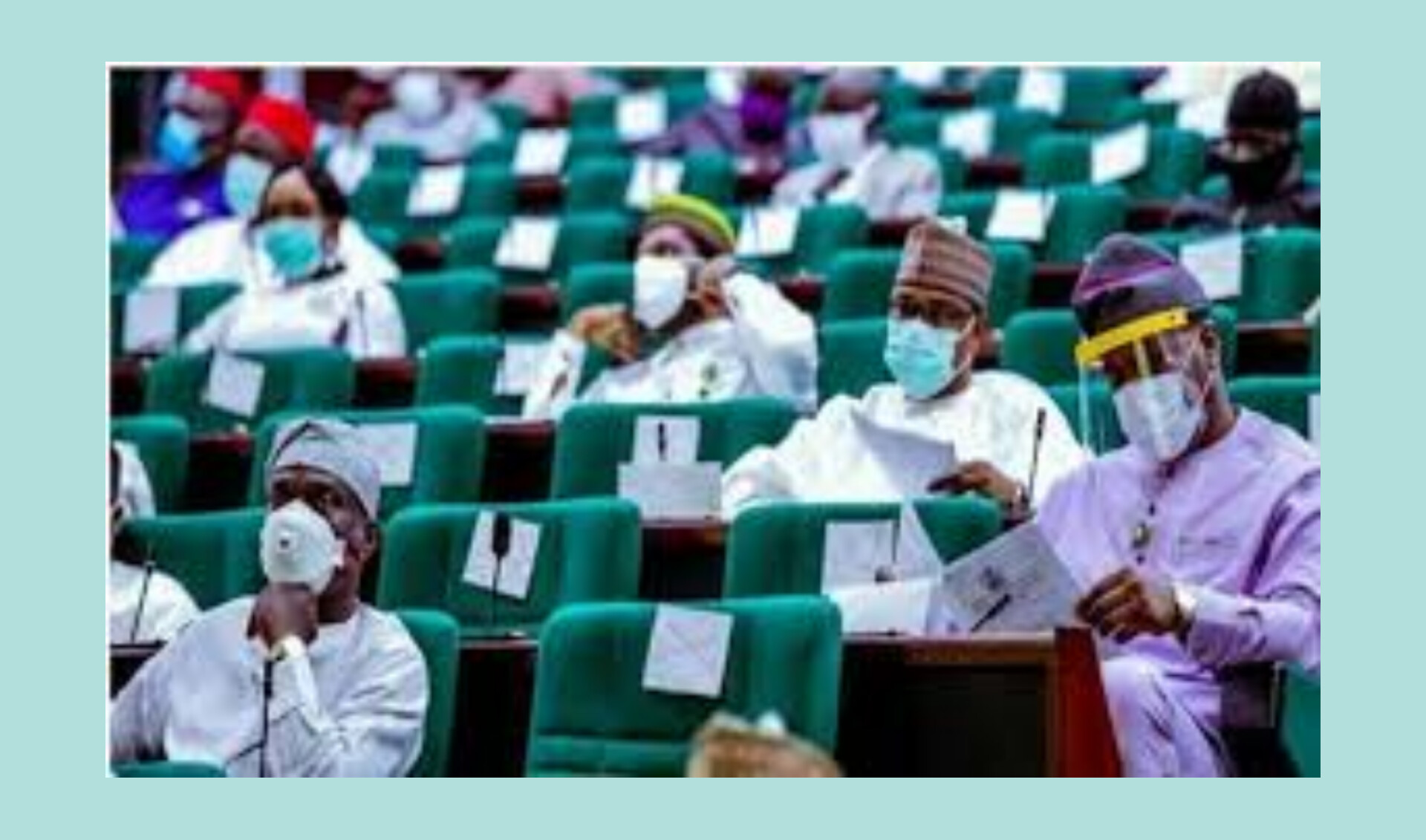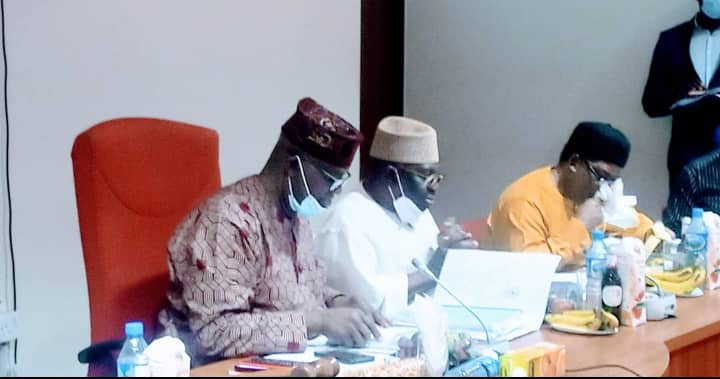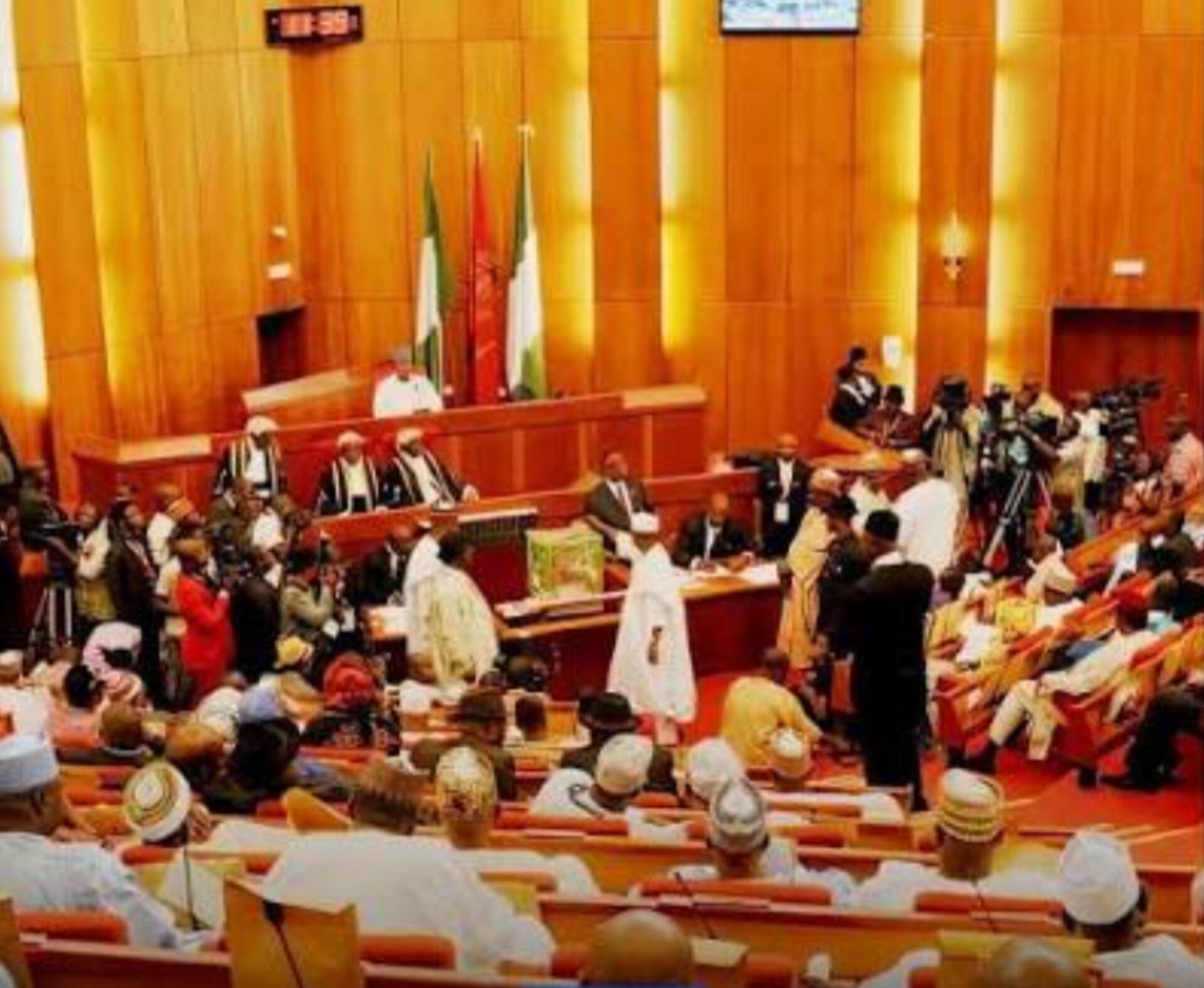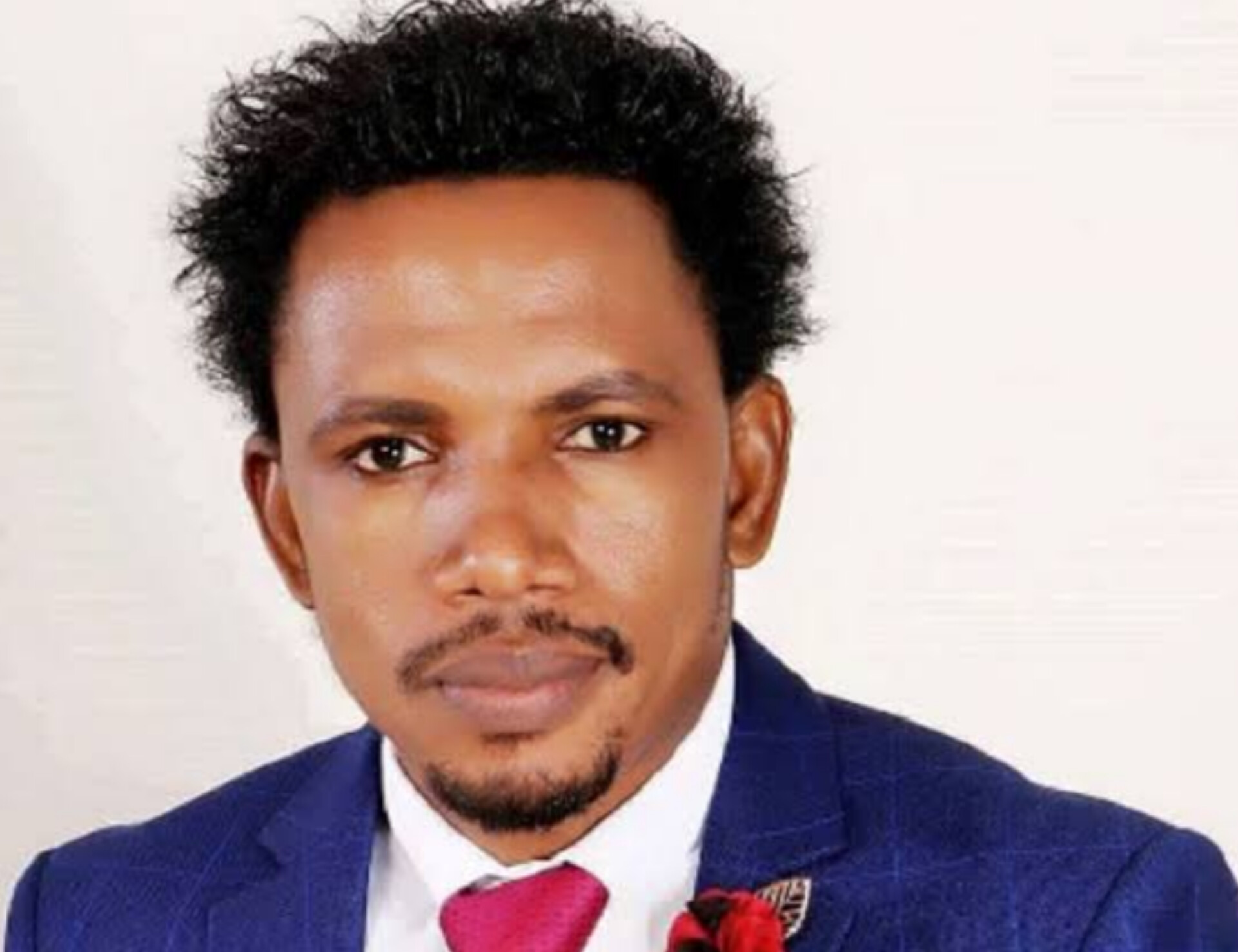The House of Representatives has clarified trending topic across multiple traditional and online media, concerning the allocation of vehicles to honourable members
House Spokesperson and Chairman House Committee on Media and Public Affairs, honorable Akin Rotimi said many versions of the story carry varying exaggerations, however he said, “We can confirm that the National Assembly bureaucracy is in the phased process of procuring and distributing operational vehicles to honourable members over the coming weeks and months.
According to him, the issue having understandably generated significant public interest, Nigerians deserve feedback from their elected representatives.

“This development is in accordance with extant procurement laws and has been the practice in previous assemblies.
“It is also not peculiar to the Legislature, as unelected government officials in the Executive arm of government from Director level and above, in most cases, have official vehicles attached to their offices.
“It is important to make a few clarifications. The vehicles to be allocated to the offices of honourable members are utility operational vehicles tied to their oversight functions in the discharge of their duties in the standing committees. They are not personal vehicles gifted to honourable members.
“For the duration of the 10th assembly (2023 – 2027), the vehicles shall remain the property of the National Assembly. At the expiration of the tenure of the 10th Assembly in 2027, should the extant assets deboarding policy of government still be in place, honourable members may have the option of making payment for the outstanding value of the vehicles to government coffers before they can become theirs, otherwise it remains the property of the National Assembly.
He explained that the public is invited to note that as part of the 10th Assembly’s objective to ensure its integrity and independence, honourable members of the Green Chamber have resolved to maintain a respectable distance from the Executive arm of government, especially on issues relating to logistical aspects of oversight functions, including reaching difficult terrains in the country.
“No matter how remote the location is, as long as there are Nigerian citizens living there, they deserve highly mobile representatives who can see first-hand what they are going through, and ensure government interventions, programmes, and policies are carried out effectively.
“This can only be possible with functional and reliable off-road vehicles.
He also, indicated that the House remain committed to reducing the cost of governance in line with present realities.
He said for those willing probe further they would find a significant body of work with evidence that the percentage of the component of the Legislature’s budget as part of our national budget has been on a downward trend over the past decade, despite inflation and the expanding role and relevance of honourable members in the lives of citizens.
/*__()It currently stands at 0.5% of the Federal budget.
Accordingly, as all stakeholders continue to advance the conversation about reducing the cost of governance, we encourage looking in the right direction, and not cause disaffection for honourable members who want to discharge their duties effectively and above board, without being susceptible to inducement when the enablement to function is impaired.
The vehicles are work tools, and not status symbols – Honourable Members are diligent and patriotic elected representatives and not entitled. The anticipated allocation of vehicles will contribute to improved representation, constituency outreach and oversight functions.




